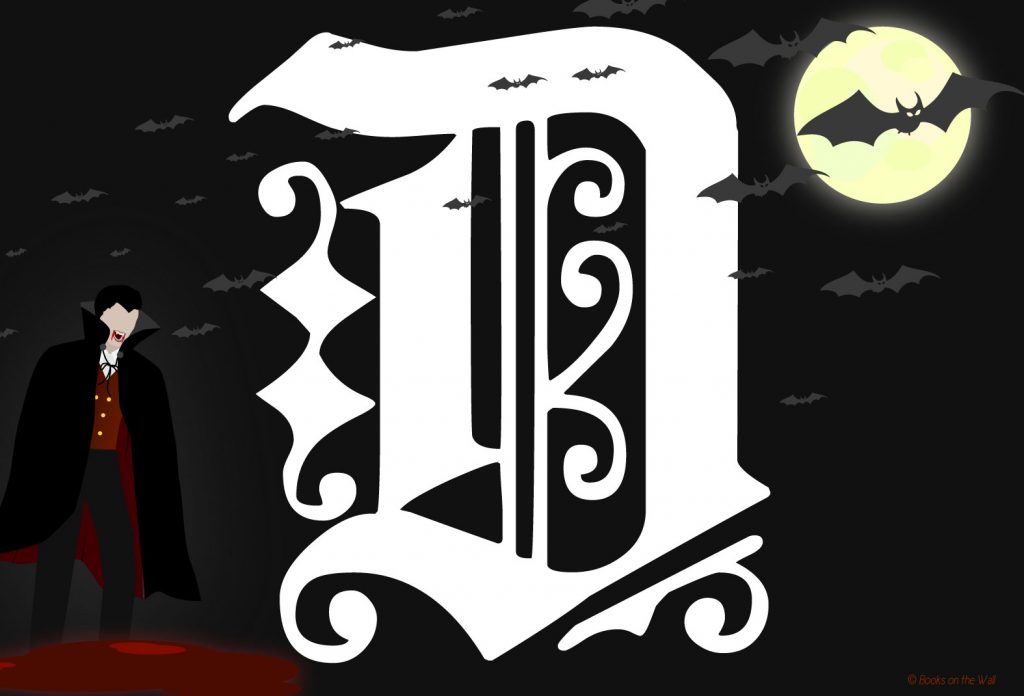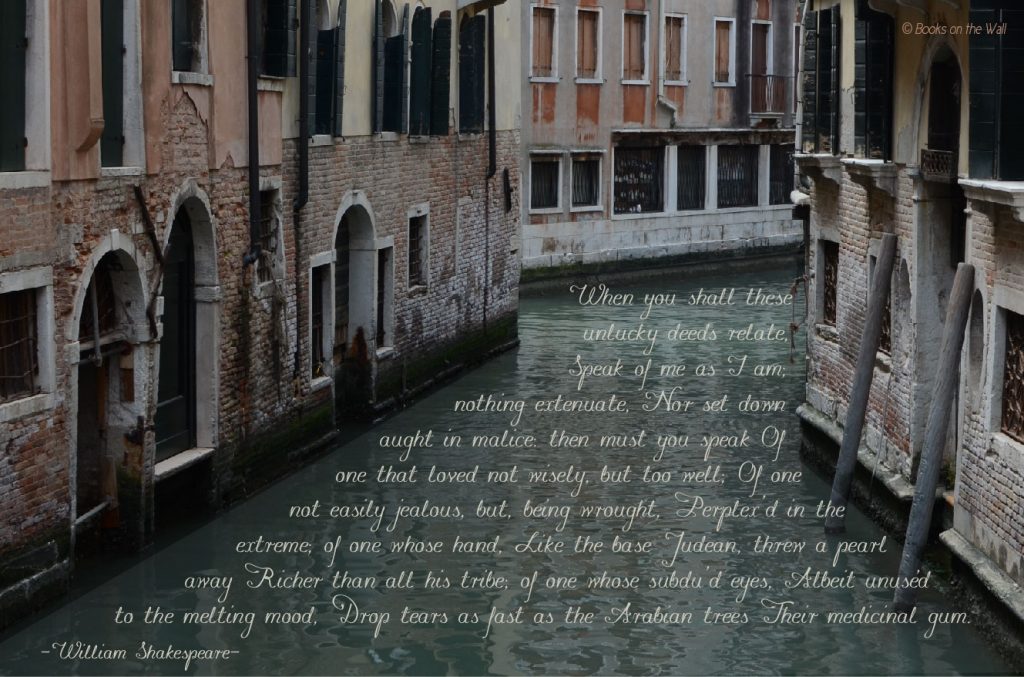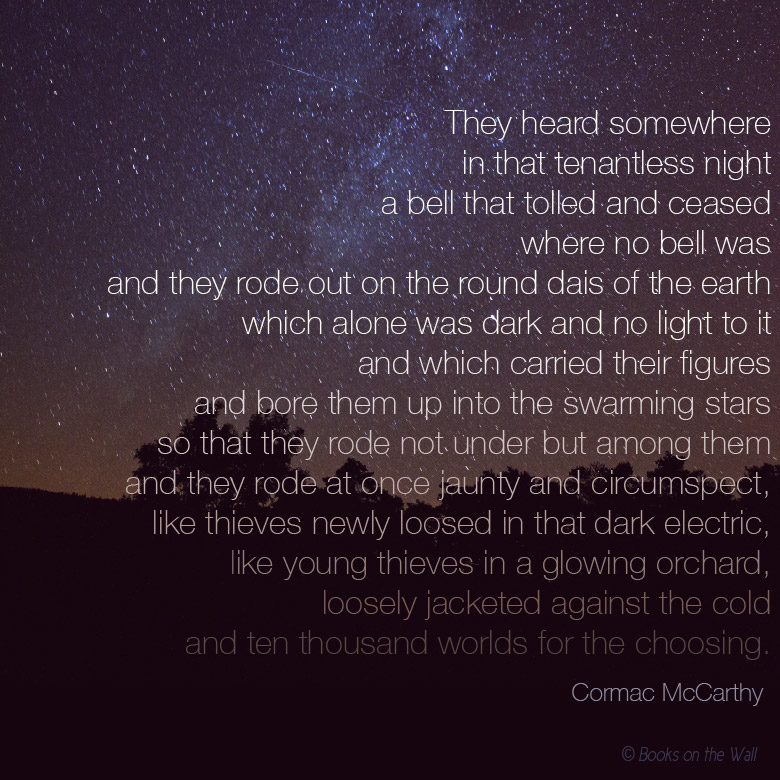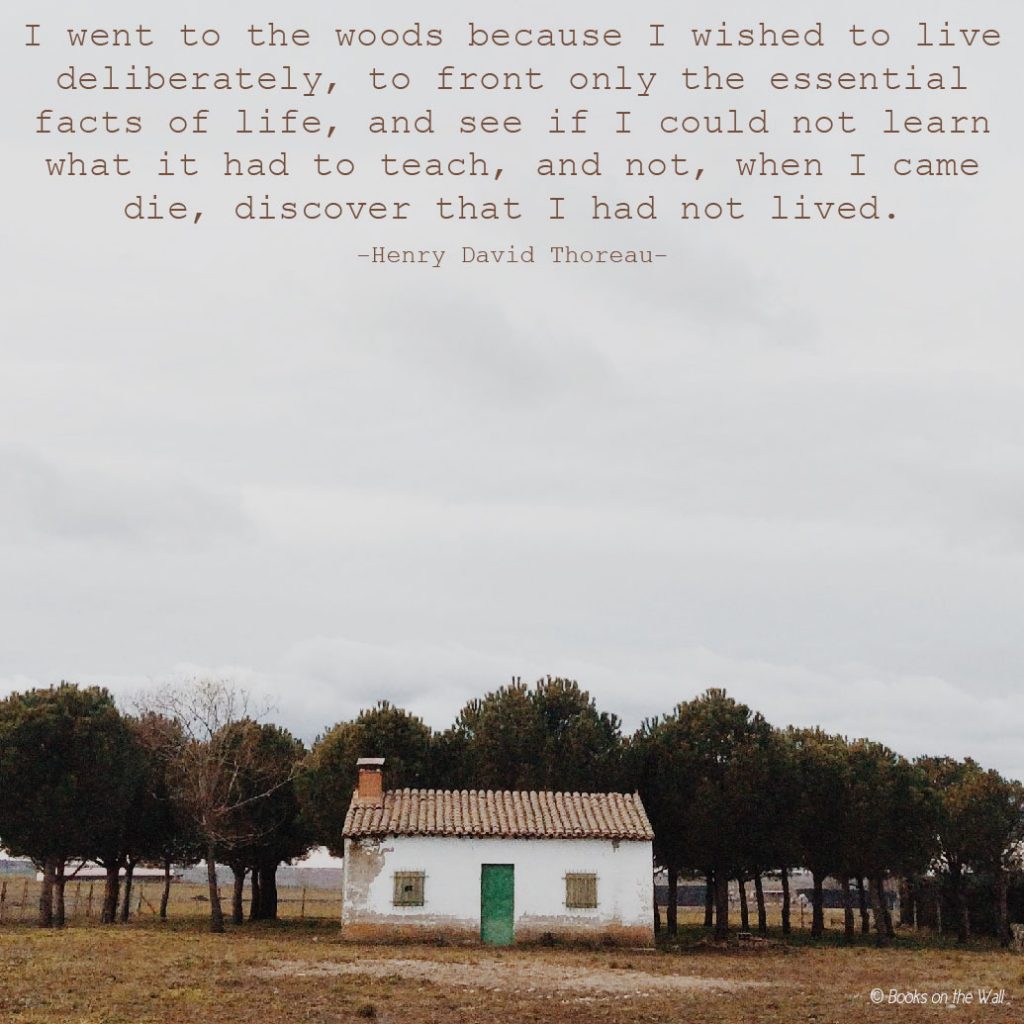
This quote comes from Zadie Smith’s novel, White Teeth. Published in 2000, White Teeth follows the London lives of two friends: Samad Iqbal, originally from Bangladesh, and Archie Jones, an Englishman. Like many of Smith’s other works, White Teeth explores themes of personal and societal identity, immigration and homeland, class, and race. Zadie Smith’s sharp sense of humor and multiple narrative viewpoints have earned her several literary prizes, including the Whitbread Book Award and the Guardian First Book Award. Smith also frequently contributes both fiction and non-fiction essays to the New Yorker.
Happy November! The first day of November means you’ll probably start seeing a bunch of posts or news articles about NaNoWriMo, if you haven’t seen them popping up already. But what is NaNoWriMo? Here’s a quick primer for those who may not know, and maybe some inspiration for those who already know but haven’t yet participated. The goal for NaNoWriMo, also called National Novel Writing Month, is for as many participants as possible to complete a 50,000-word novel during the month of November. That’s right–50,000 words in 30 days. That comes out to about 1,667 words per day, or 69 […]

Bram Stoker’s Dracula is one of the most famous horror stories of all time. Even if you haven’t read the novel itself, you’ve heard, seen and read countless allusions to the famed vampire of Transylvania. Just in time for Halloween, here are five interesting things you may not have known about Dracula. 1. Bram Stoker wasn’t a writer by trade. The author of Dracula, the Irishman Bram Stoker, wasn’t a writer by profession. He was the business manager of the Lyceum Theatre in England and wrote only to supplement his income. Though he wasn’t a professional writer, Stoker counted several […]

Published between 1868 and 1869, Little Women follows four sisters—Meg, Jo, Beth, and Amy March—as they journey together from childhood to womanhood during the U.S. Civil War period. Louisa May Alcott’s novel was an immediate success upon publication, a quality that it has continued to enjoy ever since. Though aimed primarily for young women, Little Women has been embraced by diverse audiences worldwide and has been adapted into several films, TV productions and Broadway shows.

This quote is one of the most poignant lines in all of William Shakespeare’s works. It comes from Othello’s final tragic monologue, spoken as he realizes that he has murdered his faithful wife, Desdemona, on the basis of uncontrollable jealousy and false information. The full name of William Shakespeare’s play is The Tragedy of Othello, Moor of Venice. Believed to have been published around 1603, Othello remains popular today for its rich characters and themes of love, racism and revenge. Check out the full-text of Othello for free on Project Gutenberg.

This quote comes from All the Pretty Horses, winner of the U.S. National Book Award and National Book Critics Circle Award. Published in 1992, All the Pretty Horses is the first installation of McCarthy’s Border Trilogy. The novel follows two teenage boys from Texas, John Grady Cole and Lacey Rawlins, who travel south into Mexico to become cowboys. Written in McCarthy’s distinct style of sparse yet sprawling, simple yet profound stream-of-consciousness prose, All the Pretty Horses is at once romantic, humorous, tragic and deeply philosophical. Cormac McCarthy is renowned for other works including The Orchard Keeper, Blood Meridian and The […]

Today we take a look into a great American classic and present a very brief Moby-Dick summary. Skip the “What is Moby-Dick About?” section, though, if you don’t want any spoilers. Who wrote Moby-Dick? Herman Melville wrote Moby-Dick, which was published in late 1850 as a three-part series called The Whale in Britain and as a single volume called Moby-Dick; or, The Whale in the United States. Born in New York City in 1819, Herman Melville was the third of eight children in a wealthy merchant family. After his father suddenly died, Melville’s family lost its financial stability, and Melville moved around […]

This quote comes from his most recent work, This is How You Lose Her. The works of Junot Diaz center around young Dominican American men and their families, some of whom have immigrated to the United States and some of whom remain back home on the island. Incorporating Dominican history, English and Spanish slang, ghosts, and nerd-pop culture, Diaz’s works examine universal questions of identity, heritage and love with a uniquely fresh voice.

Today’s quote comes from Walden, one of Henry David Thoreau’s most famous works. First published in 1854, Walden is a literary reflection on Thoreau’s purposeful time in solitude in the woods near his family home. Walden is often viewed as the seminal work in American transcendentalist philosophy, contemplating themes like solitude, self-reliance and simplicity. To read the whole work, along with Civil Disobedience, check out our full-text Walden poster.

More commonly known simply as Romeo and Juliet, The Tragedy of Romeo and Juliet is one of William Shakespeare’s most famous works. The play follows the lives and deaths of Romeo and Juliet, two young star-crossed lovers from feuding families in Verona. Romeo and Juliet’s love is one of the most beloved, and tragic, in…